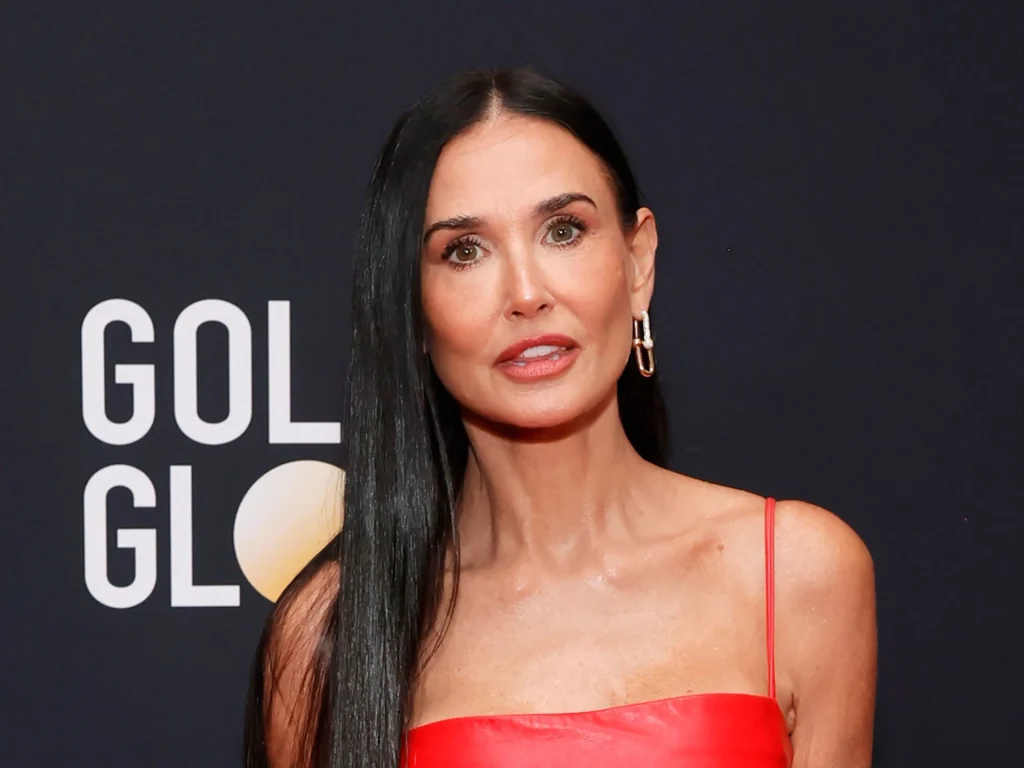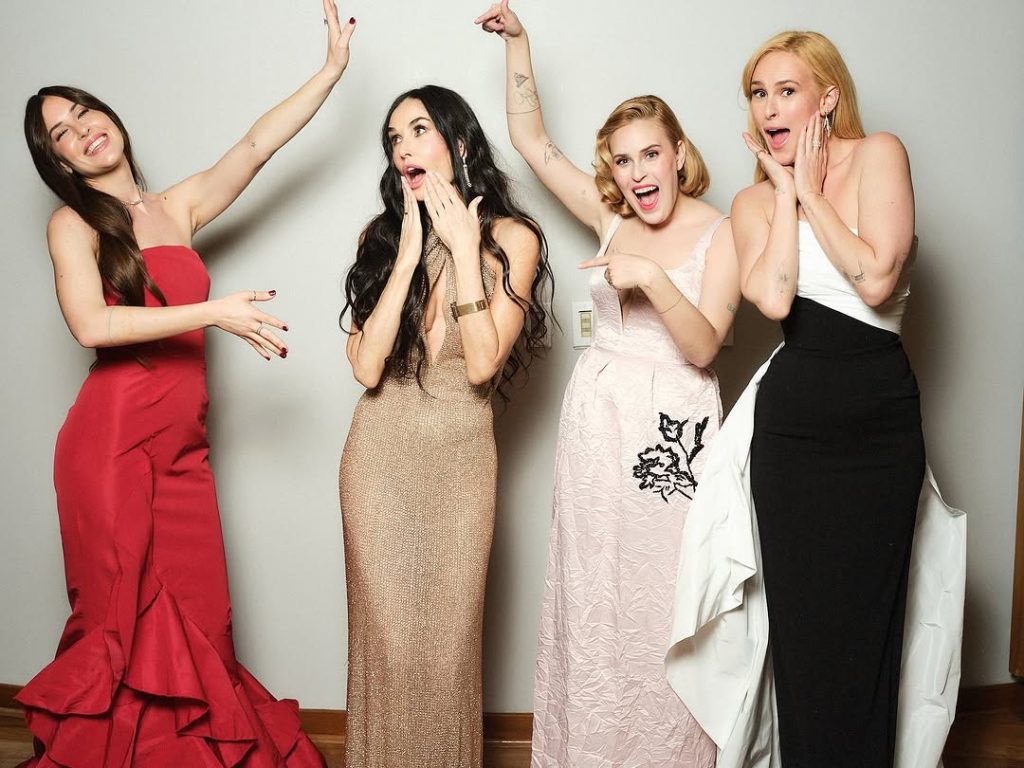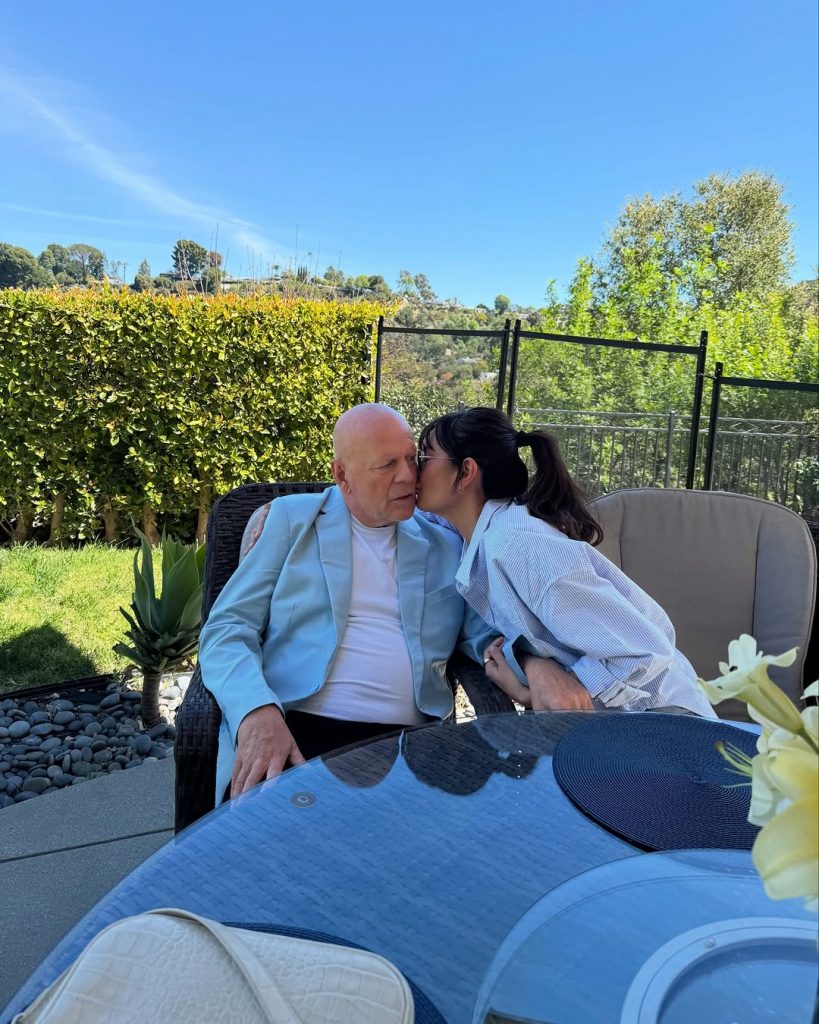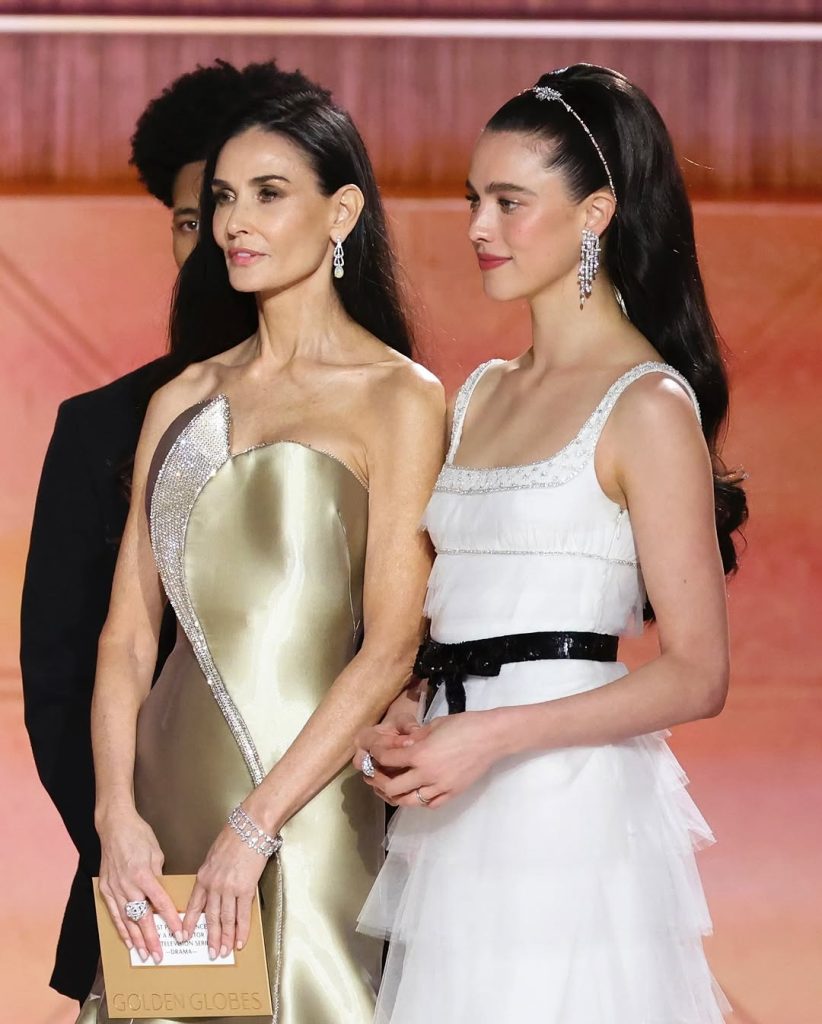Understand Your Rights. Solve Your Legal Problems


Let’s be honest: Hollywood loves a comeback story. But Demi Moore’s recent return to the spotlight? It hits differently.
This isn’t just a tale of an actress reclaiming her place in the industry. It’s about grit, timing, heartbreak, and an unapologetic refusal to play by the old rules. And somewhere in the mix, there’s a quiet question lingering: could a little tabloid-fueled romance have tipped her Oscar odds?
The answer, like Moore herself, is more complicated—and more compelling—than it seems.

Demi Moore at the Oscar Party
The Substance isn’t your typical awards-season bait. It’s gritty, weird, and brutally honest. A genre-bending body horror flick with just the right amount of satire. Moore’s character, a fading star desperate to recapture youth, hits so close to home it almost stings.
When I watched it, I’ll admit—I wasn’t expecting to be moved the way I was. But Moore didn’t just act; she owned it. She didn’t flinch. Every frame of her performance said, “I’ve lived this. I’ve felt this.”
The film premiered at Cannes, and suddenly, Moore was everywhere again—except this time, she wasn’t riding nostalgia. She was rewriting her story in real time.
She took home the Golden Globe. The Oscar nom followed. And for many fans and critics alike, it felt like poetic justice.
“The universe told me, ‘You’re not done,’ and I listened,” Moore said, clutching her award on stage. It didn’t feel like a soundbite. It felt like a release.
Demi Moore Believes Career Resurgence Worth the 'Sacrifice'
Now, here’s where things get interesting. Moore made the rounds—award shows, late-night interviews, all of it. But what caught some attention wasn’t who she was with—it was who she wasn’t.
No flirty glances across the table at a charity gala. No PDA on the step-and-repeat. Just Moore, her team, and that sweet little rescue dog she’s always toting around.
Some folks in the industry started murmuring. You know the type—publicists, campaign strategists. People who treat awards season like a game of chess.
“It’s a little sad she didn’t have a plus-one,” one of them told me. “A love interest might’ve given her campaign that final push.”
Personally? I think that’s a tired take. Sure, the Oscars aren’t just about talent. There’s politics, PR, momentum. But to suggest Moore needed a headline romance to validate her performance? That’s the same outdated thinking she’s spent years defying.
Still, the question stuck with me. Would a relationship have helped? Maybe. But at what cost?
While all this buzz swirled around her, Moore was dealing with something that makes award season look pretty trivial: Bruce Willis, her ex-husband and the father of her children, is living with frontotemporal dementia.
It’s the kind of diagnosis that shifts your entire perspective. It softens you in some places, hardens you in others. And it certainly makes you think twice before committing to new love—or even lighthearted dating.

Bruce Willis revealed in 2023 that he had been diagnosed with frontotemporal dementia (FTD), a condition that gradually affects communication, emotional expression, and personality.
Willis turned 70 not long ago. Moore was there, surrounded by their daughters, celebrating a man who once ruled the box office and now battles a disease that quietly chips away at who he used to be.
I saw the photos—Bruce looking off to the side, his face still. Doctors weighed in publicly, talking about the signs of progression. But all I could focus on was the emotion in Demi’s eyes. This wasn’t about acting anymore. This was real life.
“We meet him where he’s at,” she said. That line stayed with me.
Demi Moore is supported by glamorous daughter Tallulah, Rumer
Rumer Willis, their eldest, has stepped into her own spotlight in recent years. She’s a performer, an advocate, a new mom. And more than anything, she’s raw and real when she talks about her dad.
“There are hard days,” she said in an interview. “But there’s so much love.”
That’s what you get from this family: love in the face of loss. Strength without bravado. It’s something you can’t fake.
And when you look at Moore through that lens—not just as an actress on a hot streak, but as a mother, a co-parent, a human being—you start to understand why dating just wasn’t on the agenda. She was busy showing up for the people who needed her most.

Her beauty hasn’t faded — it’s evolved. Demi Moore wears time like it’s tailored to her.
Let’s not forget Landman, the Taylor Sheridan series that added another jewel to Moore’s crown. Her portrayal of the oil tycoon’s wife was layered, smart, and surprisingly funny in all the right places.
Streaming hits are a weird beast. They creep up on you, then suddenly you’re hearing about them everywhere. That’s what happened here. Landman smashed records on Paramount+, and Moore became a staple of watercooler conversations again.
Rumor has it, an Emmy nod is basically a sure thing.
“She’s not just having a moment,” one exec told me. “She’s having the moment.”
What Moore is doing right now isn’t just impressive—it’s radical. She’s rejecting the idea that a woman’s worth in Hollywood is tied to her youth, her partner, or her likability.
She’s showing up without apologies, without artifice. And frankly, without needing a man on her arm to make her feel more palatable.
That’s rare. And it’s powerful.
Is Demi Moore currently dating anyone?
Nope. She’s been laser-focused on her work and family. No public relationships at the moment—and from what we hear, that’s by choice.
What is The Substance about?
It’s a wild, unsettling, and totally brilliant film about a woman who takes a drug to become a younger version of herself. It’s a lot deeper than it sounds.
Did Demi win the Oscar?
She was nominated (finally!) but didn’t win. Still, many feel it was the best work of her career.
How is Bruce Willis doing?
He’s living with frontotemporal dementia. According to family and friends, he’s in a stable place, surrounded by love.
What’s up with Rumer Willis?
Rumer’s been thriving—acting, advocating for her dad, and recently becoming a mom herself.
Maybe she didn’t take home the statue. But what she gained? Perspective. Strength. A deeper kind of legacy.
When you strip away the glitz and the PR strategies, Moore’s story isn’t about missing a chance. It’s about choosing the one that mattered more.
No trophy can top that.





